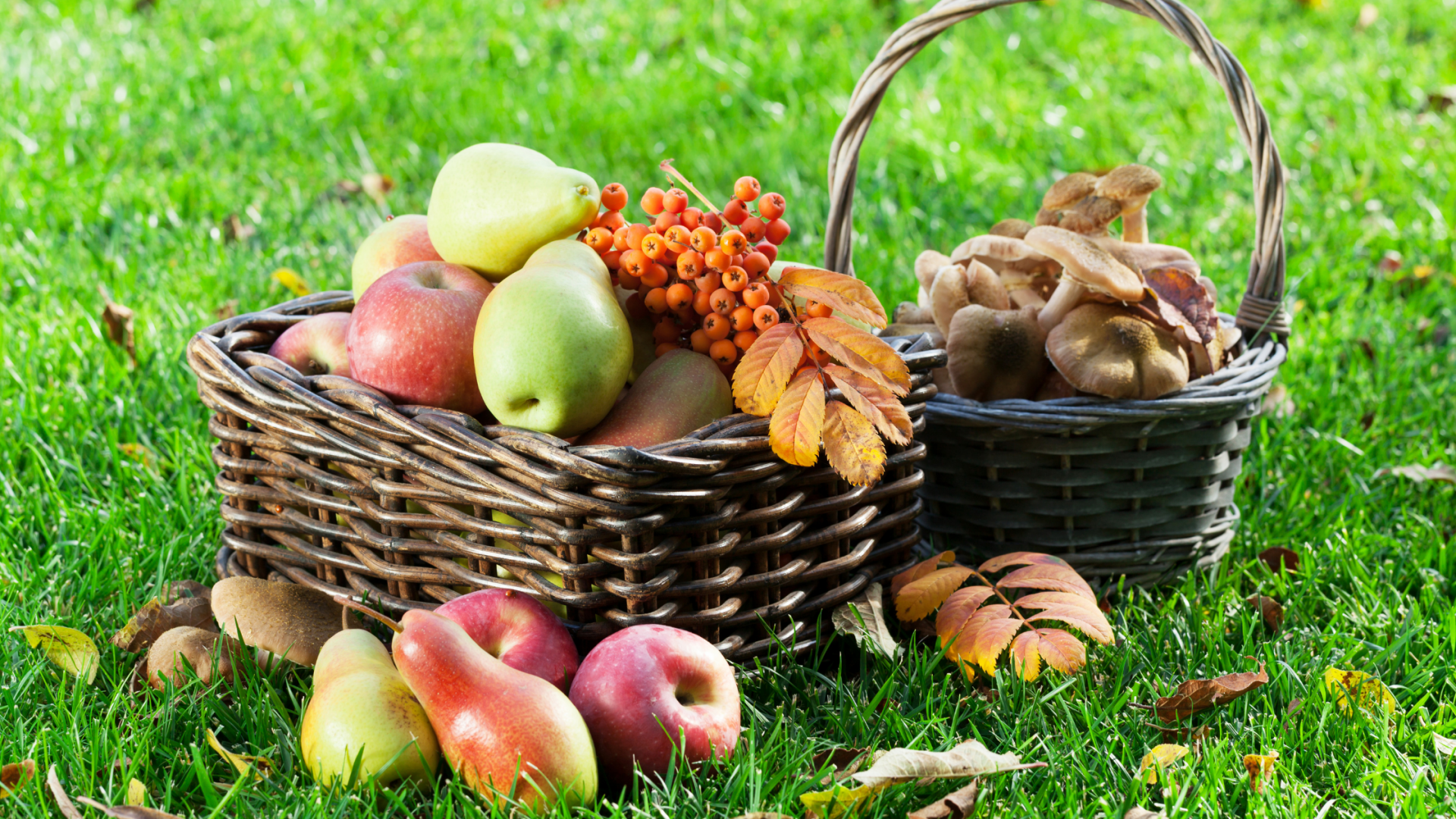
Over 30% of Australians struggle with low mood during colder months
1. Complex carbohydrates
Why not start your day with a “feel good” breakfast? The inclusion of oatmeal, wholegrains, nuts or fruits into your morning meal will not only leave you fuller for longer but aid in stabilising your mood and maintaining your focus during activities. This is all thanks to the “feel good” hormone, serotonin. It is increased in the body after consuming wholefoods rich in complex carbohydrates, including fibre and starch. That’s why the Australian Guide to Healthy Eating shows that our carbohydrate sources should be made mostly from wholegrains and high fibre sources. For a starter, try out our super easy and fresh raspberry and bircher museli to brighten your next morning.
2. Vitamin C and zinc
Did you know that Vitamin C and Zinc work together to help support a healthy immune system, as well as a number of important body functions? Ramp up your intake of vitamin C fruits and vegetables, including citrus fruits, kiwis, berries, broccoli, pumpkin, sweet potato, and spinach – many of which are in season in Autumn – how convenient! For produce that is not in season, opt for frozen varieties as these are often cheaper and snap frozen at optimal nutrient levels. Combine with food sources of zinc, such as meat, shellfish, dairy, legumes or nuts. Your body will thank you for it.
3. Vitamin D
Let’s not forget the “sunshine” vitamin, Vitamin D. Vitamin D is synthesised by the body after exposure of the skin to sunlight. By the end of winter, a shocking 36% of Australians are vitamin D deficient (Australian Bureau of Statistics, 2014). This commonly leads to symptoms such as lethargy, fatigue, muscle weakness and mood changes. Not getting out in the sun as much as the weather cools? No problem – thankfully, we can get some vitamin D from food sources such as eggs, mushroom, fatty fish (e.g. salmon) and fortified milks. Some individuals may need to take Vitamin D supplements if sun exposure and dietary sources aren’t sufficient to meet daily requirements; talk to your GP about whether supplementation is ideal in your circumstance.
4. Omega 3s & 6 + polyunsaturated fats
You may find yourself craving more “comfort” foods high in saturated fats and sugars as the weather turns colder. You are not alone – research tells us that the desire for these energy-dense foods may be related to the body longing for energy sources to warm you up quickly. And while foods like mac and cheese, pastries, and muffins can whet the appetite, they may not provide the long-lasting energy you need – resulting in you going back for more and more. In fact, almost 1 in 2 Australians have an increased tendency to overeat during winter. Including healthy fats in your meals can increase satiation, keep you fuller for longer and reduce the chance of overeating. Opt for high-quality Omega-3 Fats from oily fish (e.g. salmon, mackerel and sardines), as well as Omega-6 Fats from nuts (e.g. walnuts), seeds (e.g. chia seeds), olives in your meals. These are high in polyunsaturated fats that are not only good for heart health but are important in the maintenance of healthy cell, skin and hormone functioning. Give our salmon and soba noodle salad a go, to get in some healthy fats into your next meal.
5. Fermented foods rich in probiotics
Finally, a healthy gut all year round keeps one happy – after all, we have a strong connection between our gut and our brain! Include fermented foods such as yoghurt, kimchi, and sauerkraut to populate your gut with healthy, diverse microbes that are important in maintaining your digestive health. In fact, there is growing evidence and interest towards the role of the microbiome in supporting immune health – a bonus, as we head into the colder season!
If you are experiencing signs of depression or anxiety that seem to be triggered by the colder weather, it’s important to visit your GP and ask for help.
Don’t forget to check our video on foods to eat during winter. It’s time we get inspired together to kickstart a great entry into the colder season!
Nutrition Australia NSW is proudly supported by NSW Health.




